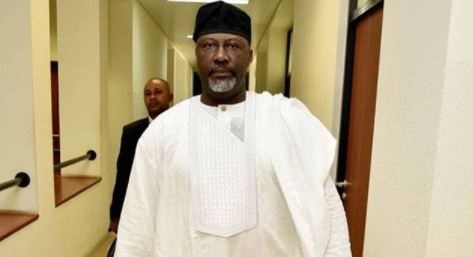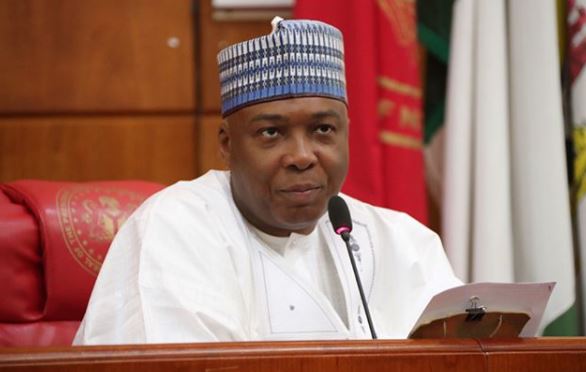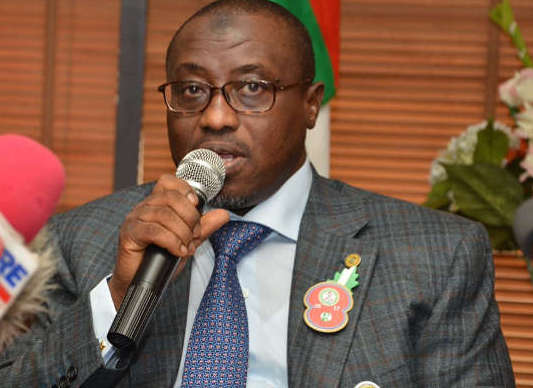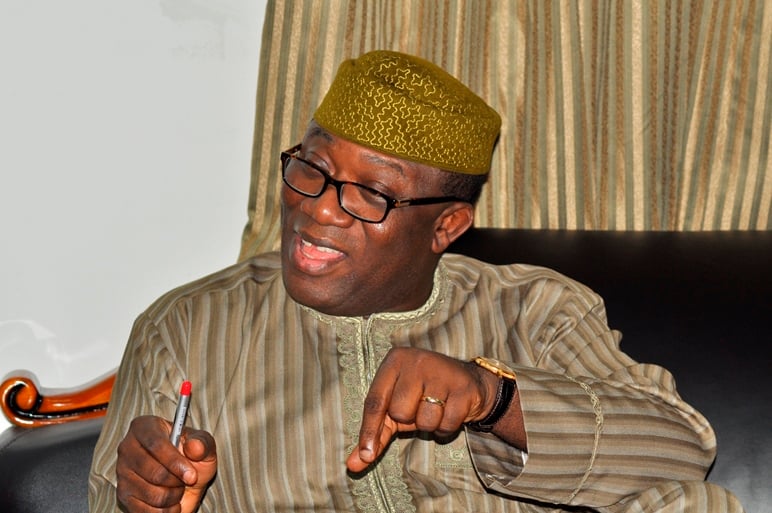The speakers of the houses of assembly are asking for the introduction of devolution of powers in the next round of constitution amendment.
In 2017, the senate rejected a proposal for devolution of power.
Speaking on Thursday when lawmakers from state assemblies visited the national assembly, Abdulmumin Kamba, chairman of the speakers of houses of assembly, appealed to the federal lawmakers to reconsider their decision on the devolution of power.
Kamba, who is speaker of the Kebbi state house of assembly, returned the voting by states houses of assembly on the constitution amendment bill transmitted to them for assent by the national assembly, to Senate President Bukola Saraki and Yakubu Dogara.
Advertisement
Constitution amendments only become operative after they have been passed by at least 24 state houses of assembly and two-thirds of the national assembly.
“The procedure of amending the constitution has more to do with the legislative than the executive,” Kamba said.
“The devolution of power was part of the amendment which has been seriously condemned, it’s our hope that we bring back the devolution of powers.”
Advertisement
The state assemblies, however, rejected autonomy for local government.
Dogara expressed disappointment over the failure of state lawmakers to grant autonomy to local government in the ongoing constitution amendment.
But he said all hope is not lost as they can still decide to give their approval when the national assembly presents it again in the future.
He, however, commended the lawmakers for granting state legislatures autonomy, saying they were courageous to take the bold step.
Advertisement
“I must commend you for deciding that the legislature in states should be independent. However, this is not an expression of the opinion of the National Assembly, I want to appropriate this as my personal opinion,” he said.
“I can say that I am disappointed because I thought that the courage demonstrated by these highly skilled legislators, some of whom are seated before us, would have delivered the long awaited local government autonomy, but unfortunately, maybe our courage didn’t go that far.
“But you see, courage isn’t really the absence of fear, but it is acting in spite of your fears and if it was not because of men and women of courage, I tell you that the democracy itself that we experience now wouldn’t have been possible. When William Wilberforce said slaves must be free, he belonged to the party, majority of whom, were slave owners and on account of that, a revolution started.”
Dogara said while most of the measures the national assembly is seeking to introduce may not be popular, if they stand by them, the kind of future that will come from it will only ensure the deepening of democracy and the progress of our Nigeria.
Advertisement
Clauses approved by the state houses of Assembly include reduction of period for extra budgetary expenditure by the execvutive from six to three months , legislative immunity for lawmakers, new regulations governing conducts of bye elections by INEC, removal of the word “Force” from Nigeria Police, limiting the tenure of presidents and governors to eight years by not taking oath of office more than twice, reduction in age for elective offices, stipulation of date for budget presentation by the president, inclusion of Nigeria Security and Civil Defense Corps in the constitution among others.
Advertisement
Add a comment






